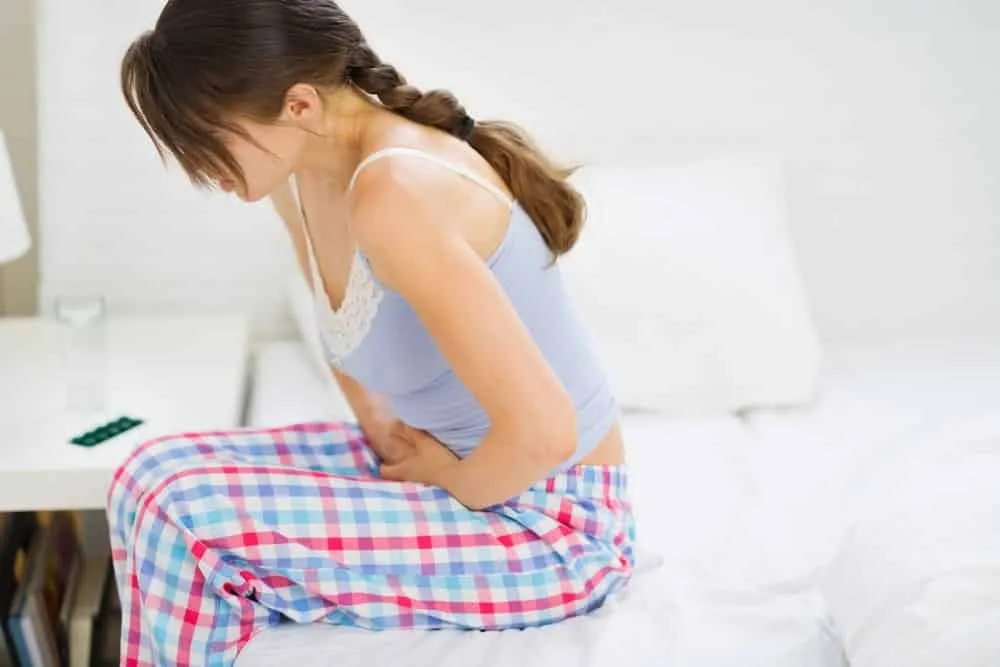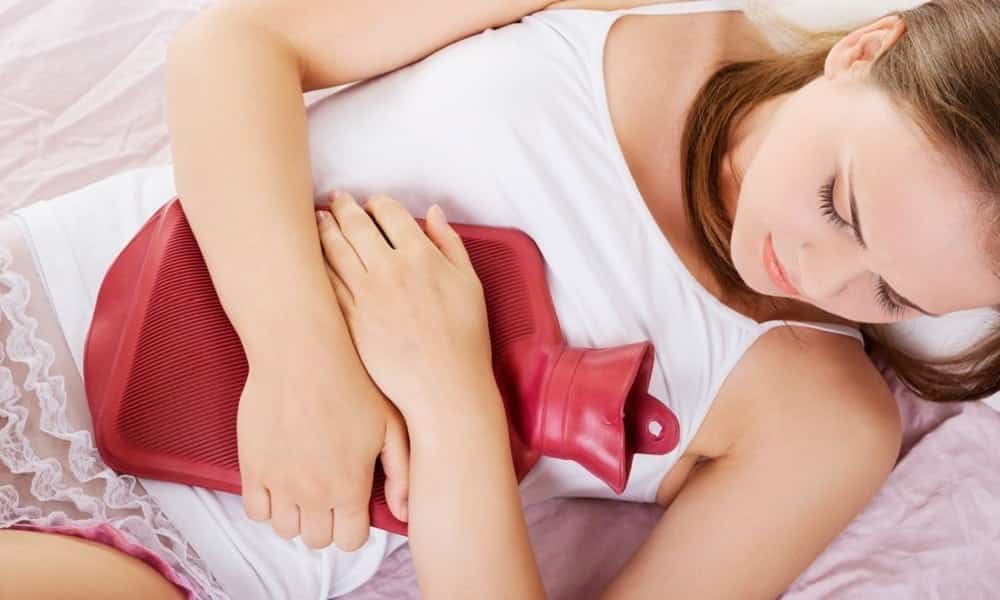And when cramping occurs outside of the menstrual period, is it normal? What can this tell you? Find out what doctors say about this.
One of the worst pains in a woman’s life is menstrual cramps. This discomfort can become unbearable. Every month, when the menstrual period arrives, the colic comes along to bother you. But what about when it comes outside this period?
Colic outside the menstrual period is not usually common and raises many more questions than, necessarily, certainties among people. At these times, questions often arise: is this normal? Why does it happen? What it means? What to do?
Don’t worry, we don’t want to leave you in the dark for too long. If you’ve ever felt cramps outside of your menstrual period, it’s time to find out why.
Is cramps normal outside of your menstrual period?
Menstrual cramps outside the menstrual cycle may be normal, but at the same time they may not be. Confused? Come with me to understand!
When is it normal

Cramping outside of your menstrual period is normal if it is caused by ovulation. This type of untimely pain will appear in women who have regular cycles and menstrual cramps. This type of pain will be characterized by:
- It is normally regular, always occurring in the same phase of the menstrual cycle;
- Colic usually lasts only a few hours, and may persist for 2 or 3 days in some women;
- Vaginal bleeding may also occur during this period, caused by a drop in estrogen levels.
A doctor will be able to make this diagnosis, and even give you pain medication. Still, this type is normal and does not mean any problems.
When it’s not normal

In some specific cases, colic outside the menstrual period can mean diseases in the reproductive, urinary and gastrointestinal organs or system, and may also originate in the musculoskeletal system. The main causes are:
- Pelvic inflammatory disease;
- Ectopic pregnancy;
- Appendicitis;
- Ovarian torsion;
- Endometriosis;
- Urinary infection.
In this case, you can also only be sure after a medical diagnosis. He will provide treatment depending on the cause.
Did you like this article? Then you’ll also like this one: Menstruation: 10 common questions, myths and truths about the subject
Source: Doctor Responds

Sign up for our newsletter and stay up to date with exclusive news
that can transform your routine!
Warning: Undefined array key "title" in /home/storelat/public_html/wp-content/plugins/link-whisper-premium/templates/frontend/related-posts.php on line 12
Warning: Undefined array key "title_tag" in /home/storelat/public_html/wp-content/plugins/link-whisper-premium/templates/frontend/related-posts.php on line 13




